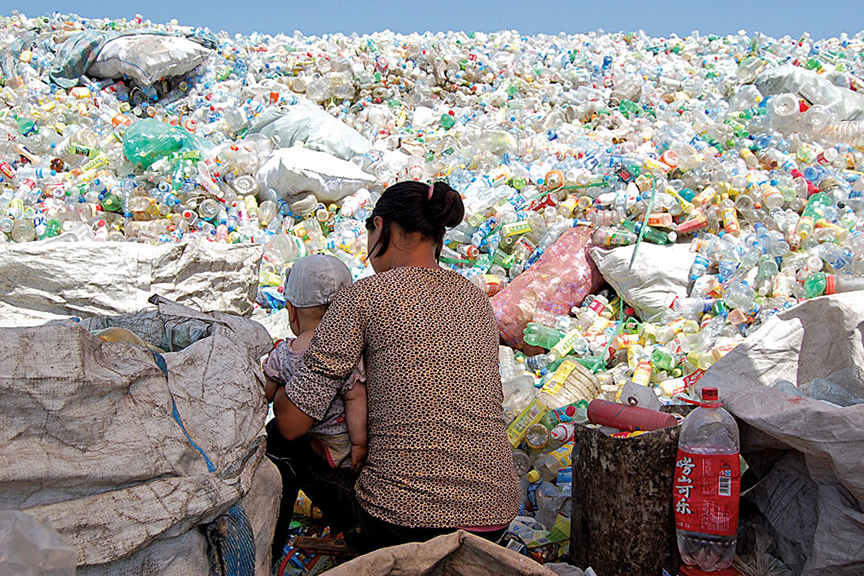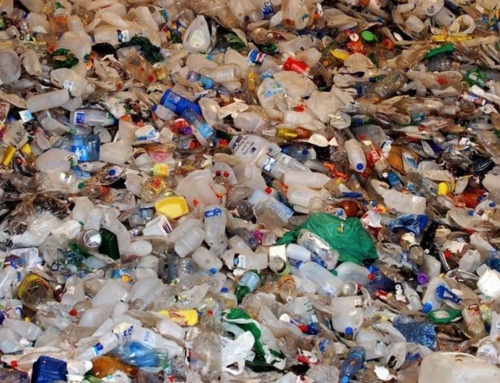The 2023 Institute of Scrap Recycling Industries (ISRI) Convention, held in Nashville, Tennessee, marked the largest annual gathering in the organization’s history, drawing over 6,600 attendees. This year’s convention underscored two pivotal global issues within the recycling sector: the evolving landscape of recycling in China and the ongoing efforts to improve shipping protocols.
One of the spotlight sessions, titled “The Current State of Recycling in China,” held on April 19, provided an in-depth analysis of how non-ferrous metals recycling has evolved in recent years. The discussion centered on the far-reaching impacts of China’s more rigorous requirements for recycled non-ferrous material imports, which came into effect in November 2020. Robin Cai, Managing Director of Asia for Alter Metal Recycling, highlighted the profound challenges this has presented to processors globally.
Cai explained, “Our industry has experienced some unprecedented difficulties, as the brand new standards established are far harder to reach than the ISRI specifications.”
Another session featured Carl Bentzel, Commissioner of the Federal Maritime Commission, who shed light on a report released by his agency aimed at improving data transparency and communication within the ocean freight supply chain. The report’s recommendations intend to address communication issues that were exacerbated during the height of the COVID-19 pandemic, promoting greater transparency for cargo carriers and material shippers.
Bentzel emphasized that shippers should have real-time access to information regarding the location and timing of their cargo’s movement through the terminal. He also underscored the impact of the shipping disruptions during the pandemic, where container ships, typically making around eight shipments per year between Asia and the U.S., were reduced to just one or two shipments within a 12-month period due to delays, container shortages, and other complications.
These disruptions resulted in trillions of dollars in economic losses and ongoing repercussions. Bentzel’s report, spanning 65 pages, recommends the establishment of a comprehensive Maritime Data Transportation System to provide real-time vessel status information, harmonized cargo information at various ports, and enhanced transparency in the ocean shipping network. The report’s recommendations are open for public comment in the future.

The discussion on non-ferrous metals recycling in China featured Zhang Lin, Deputy Secretary-General for the China Nonferrous Metals Industry Association Recycling Metal Branch. Non-ferrous metals, including aluminum, copper, and brass, play a vital role in the global recycling market.
Despite China’s evolving policies on recycled material imports, recycling companies in the country continue to increase their production of processed materials, indicating a robust demand for feedstock from Chinese metals recyclers. In 2022, China’s non-ferrous metals recycling sector produced 16.55 million metric tons, representing a 5.3% year-over-year growth, signaling a decade of strong growth.
Lin also highlighted that China’s imports of recycled non-ferrous materials have experienced “restorative growth” in recent years. For instance, in 2022, China imported 1.77 million metric tons of recycled copper and brass, up from 1.69 million metric tons in 2021 and just under 0.94 million metric tons in 2020. This reflects China’s intention to deepen cooperation with countries worldwide in the recycling sector.
Cai stressed that China’s stringent metal standards have increased costs for processors in the U.S. and elsewhere, making it more challenging to meet purity thresholds, especially in the context of tight labor markets in recent years. She also highlighted the efforts of countries like India to enhance their ability to process consumer-recycled material.
Recycled metals are a global commodity, and they flow to the most efficient markets. The shipping industry, grappling with the aftermath of pandemic-related disruptions, is working towards greater transparency and efficiency to better serve all sectors, including the recycling industry. Carl Bentzel affirmed his commitment to ISRI members, acknowledging the unique challenges they face and the importance of maximizing resources in the recycling sector for the greater good.






